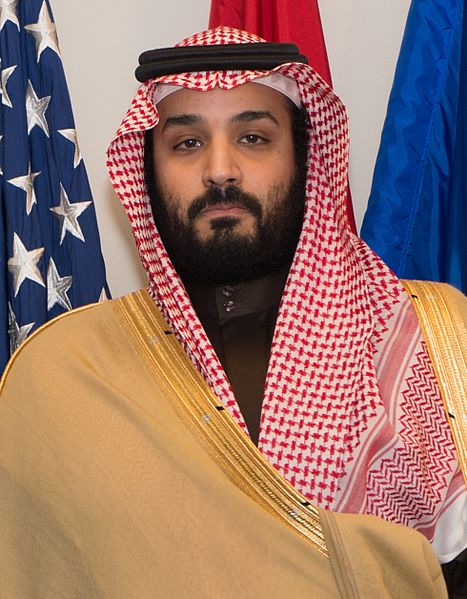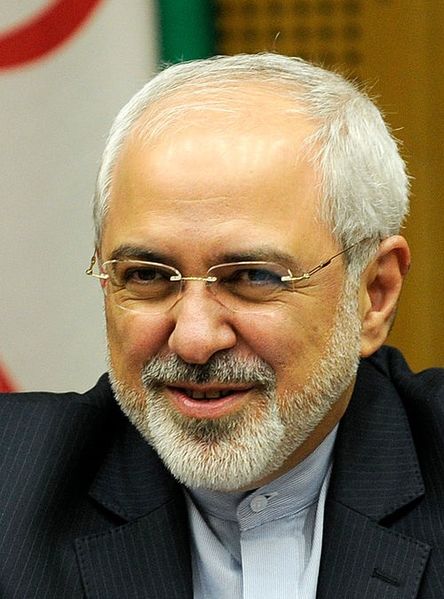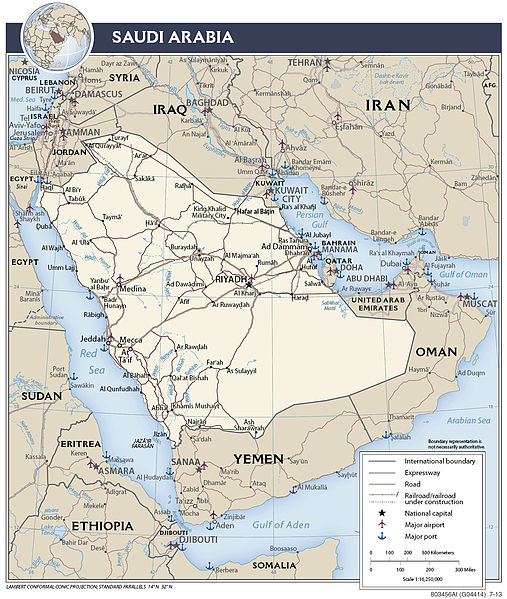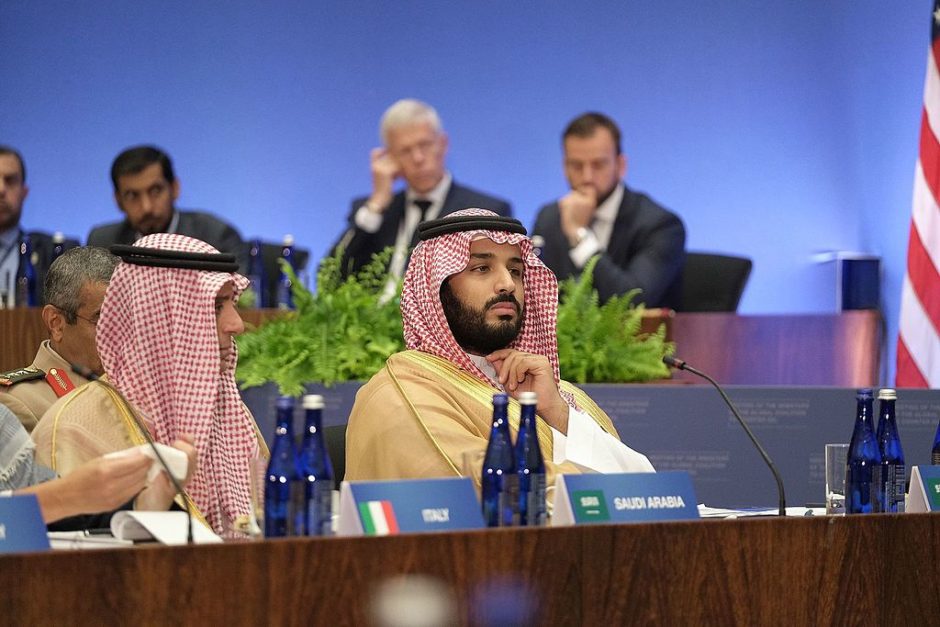
The sudden decision on June 21 by the aging King Salman bin Abdulaziz Al Saud of Saudi Arabia to name his 31-year-old son Mohammed bin Salman as the new crown prince, as well as deputy prime minister, came as a surprise to many. Maybe it shouldn’t.
He has replaced 57-year-old Mohammed bin Nayef, the king’s nephew. Unlike his siblings, the new crown prince did not go abroad to study, instead choosing to study in Riyadh schools and at King Saud University.
He also continues in his role as defense minister. Western diplomats already referred to him as “Mr. Everything” because of his control over the most important aspects of the country’s affairs.
The announcement marks the first time since Saudi Arabia’s first ruler, Abdulaziz ibn Abdul Rahman Al Saud, united most of the peninsula in 1932 that a Saudi monarch has designated his son rather than a brother as his heir apparent, and only the second time that a grandson of Ibn Saud has been named crown prince.

The move must be seen in the context of the ongoing turmoil in the Middle East, in particular the bitter rivalry between the Saudis and Iran, the two major pillars of Sunni and Shiite Islam, respectively.
The ongoing wars in Syria and Yemen, Hezbollah’s tightening grip on Lebanon, and the ostracization of the Gulf state of Qatar, all form the backdrop to the move. The Saudis fear they are losing leverage to their rivals in Tehran.
One of Prince Mohammed’s first action when he was appointed defense minister in 2015 was to force President Abdrabbuh Mansour Hadi of neighboring Yemen into exile.
Since then, the Saudis have waged a costly yet inconclusive military campaign against Shiite Houthi rebels in that country who are allied with Iran, despite bombing campaigns that have led to a huge loss of life and mass starvation and disease.
The prince is also one of the key movers behind Qatar’s isolation. On June 5, Saudi Arabia, Egypt, the United Arab Emirates and Bahrain cut diplomatic relations with the country, accusing it of supporting terrorism, in part via the Doha-based satellite news channel Al Jazeera.
They have cut air, sea and land links with Qatar. Several ordered Qataris in their countries to return home, and their citizens to leave the country within two weeks.
It has caused a rift within the members of the Gulf Cooperation Council as Oman refused to go along, and it may yet provide a test of wills should Iran or Turkey come to Qatar’s aid.
The prince maintains that dialog with Iran is “impossible” as they fight proxy wars in the region. Iran’s goal is “to control the Islamic world,” he has stated, and he vowed to take “the battle” to that country.
The Iranians have also escalated the war of words, openly mocking the new crown prince. They also claim that the recent Islamic State terrorist attack on Iran’s parliament and the mausoleum of Ayatollah Khomeini, the founder of the Islamic Republic, which left 17 dead, was orchestrated by Riyadh.
Speaking at the Oslo Forum in Norway on June 13, Iran’s Foreign Minister Mohammad Javad Zarif said that Tehran has “intelligence that Saudi Arabia is actively engaged in promoting terrorist groups” along the country’s eastern and western borders.

“We have precise intelligence that Saudi Arabia, unfortunately, supported the terrorists and demanded the operations in Iran,” the commander of the Islamic Revolutionary Guard Corps, Maj. Gen. Mohammad Ali Jafari, asserted a day earlier.
The Iranian news agency Tasnim, meanwhile, suggested that the recent crisis between Saudi Arabia and Qatar revealed the disagreements inside the ruling dynasty more than in the past.
“Mohammed bin Nayef remained silent about the recent developments, and it has been said that he had a good and strong relationship with the Qatari emir, and some of the political observers believe this issue was one of the reasons for his removal.”
The conservative Mehr news agency contended that “Mohammed bin Salman is an extremist, arrogant, adventurous and hawkish prince who will undoubtedly take a new path to fulfill expansionist goals in the region.”
Into this complicated mess stepped U.S. President Donald Trump, who is not bothered by Saudi Arabia’s lack of democracy and promotion of their austere Wahhabi form of Islam. Leaders from 55 Muslim countries were invited to Riyadh for a summit during the president’s visit last month and he showered praise on the Saudis.
Trump has decided that the Saudis need to be supported at all costs against the Iranian threat, and on his recent visit to the kingdom, backed it up by announcing the sale of $110 billion worth of weaponry to them. Did he also give them the green light to pursue a more aggressive foreign policy?
Trump has called the new crown prince to offer congratulations on his elevation. They are both “committed to close cooperation to advance our shared goals of security, stability, and prosperity across the Middle East and beyond,” according to a White House statement.
Relations between the two countries were frayed under former President Barack Obama because of divergent views on how to settle the region’s crises. Saudi Arabia strenuously opposed the nuclear arms deal the U.S. and five other world powers struck with Iran, and they also found American policy regarding Syria incoherent.
Trump is also on record as opposing the nuclear deal, so these developments “should confirm the improved working relationship with Washington,” according to Simon Henderson, director of the Gulf and Energy Policy Program at the Washington Institute for Near East Policy.
Iranian Foreign Minister Zarif published an op-ed in the New York Times on May 26 denouncing the U.S.-Saudi arms deal as a blow to peace and regional stability.
As part of the improved relationship between Washington and Riyadh, King Salman also dismissed Prince Abdullah bin Faisal bin Turki from the post of Saudi ambassador to the U.S. on April 22, and replaced him with his own son, Khaled bin Salman.
As for Israel, which sees Iran as its existential foe, the Jewish state seems to have developed an informal entente with Saudi Arabia, based on the idea that “the enemy of your enemy is your friend.”
Communications Minister Ayoub Kara welcomed Mohammed as the new crown prince, saying he hoped the change would accelerate the kingdom’s rapprochement with Israel.
“Salman’s appointment means more economic cooperation in the Middle East, and not just regarding oil,” Kara said in a statement. “The strengthening of relations with the Trump administration is the beginning of a new and optimistic time between Saudi Arabia and regional states, including Israel and the Jewish people.”

To many, the prince represents the aspirations of the youth of Saudi society. “I’m young. Seventy percent of our citizens are young,” Mohammed told David Ignatius of the Washington Post in an interview published April 20. He seemed to lament the advent of extreme religious conservatism in recent decades and even plans to introduce more entertainment.
“He appeals to many young Saudis, who see in him an image of themselves,” said Fawaz Gerges, a professor of international relations at the London School of Economics. “If you travel in the kingdom, his image is everywhere.”
However, religious conservatives are bound to resist efforts at gradual liberalization in one of the world’s most repressive societies.
In any case, the amount of power the prince has accrued has rankled some older members of the royal family. Some referred to it as a “soft coup.” The decision by the 34-member Allegiance Council to confirm the succession was not unanimous. There were three negative votes.
Henry Srebrnik is a professor of political science at the University of Prince Edward Island.

